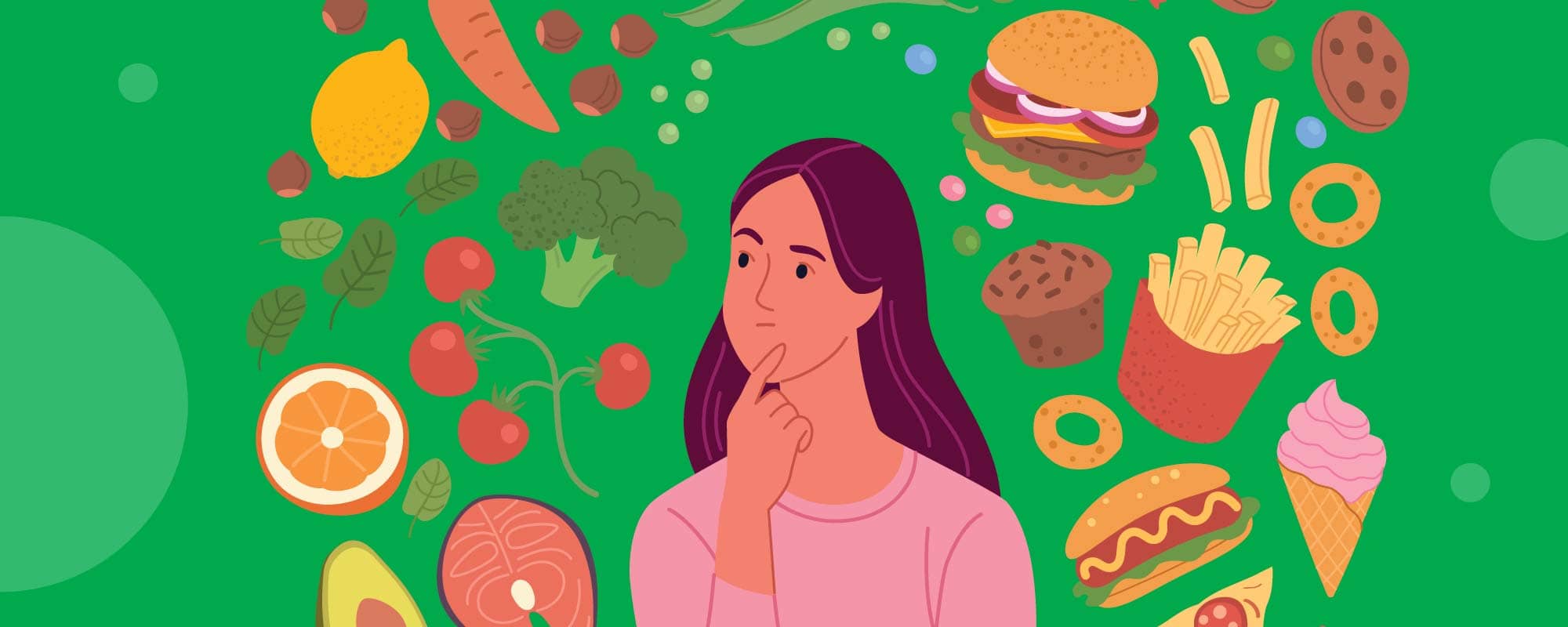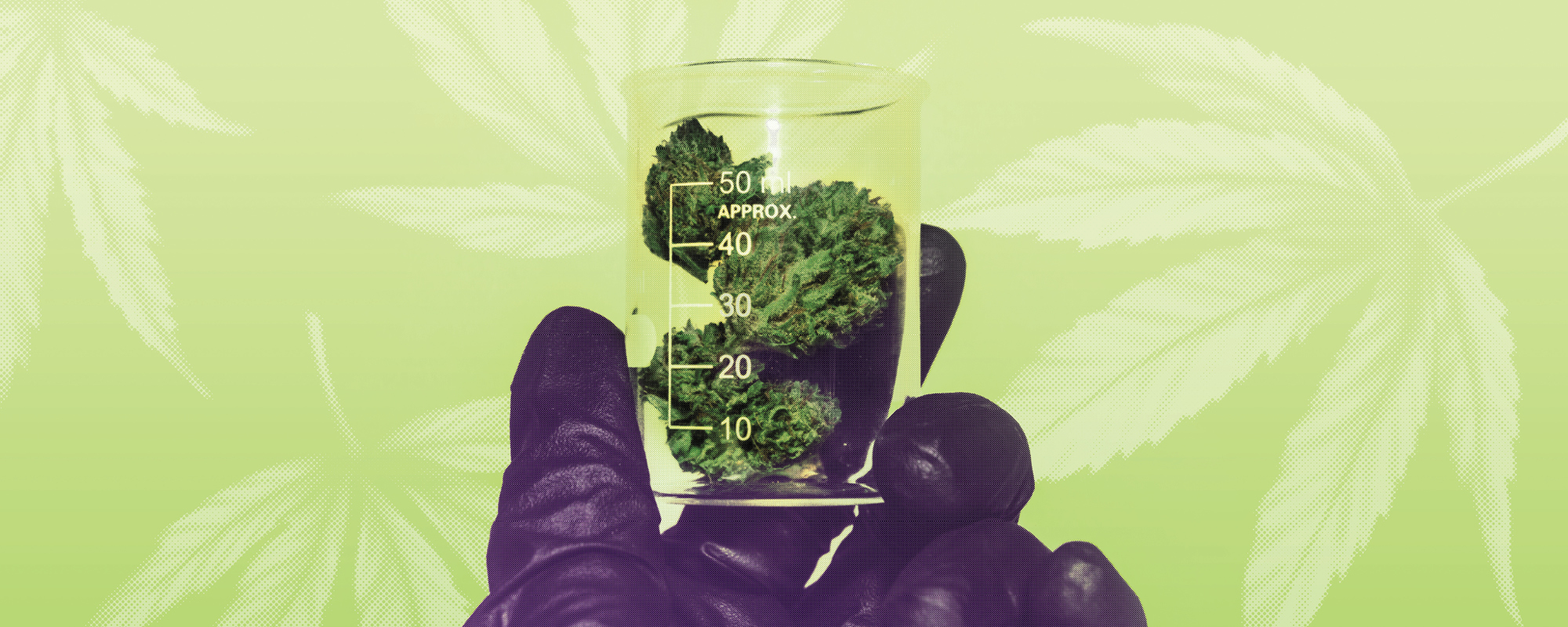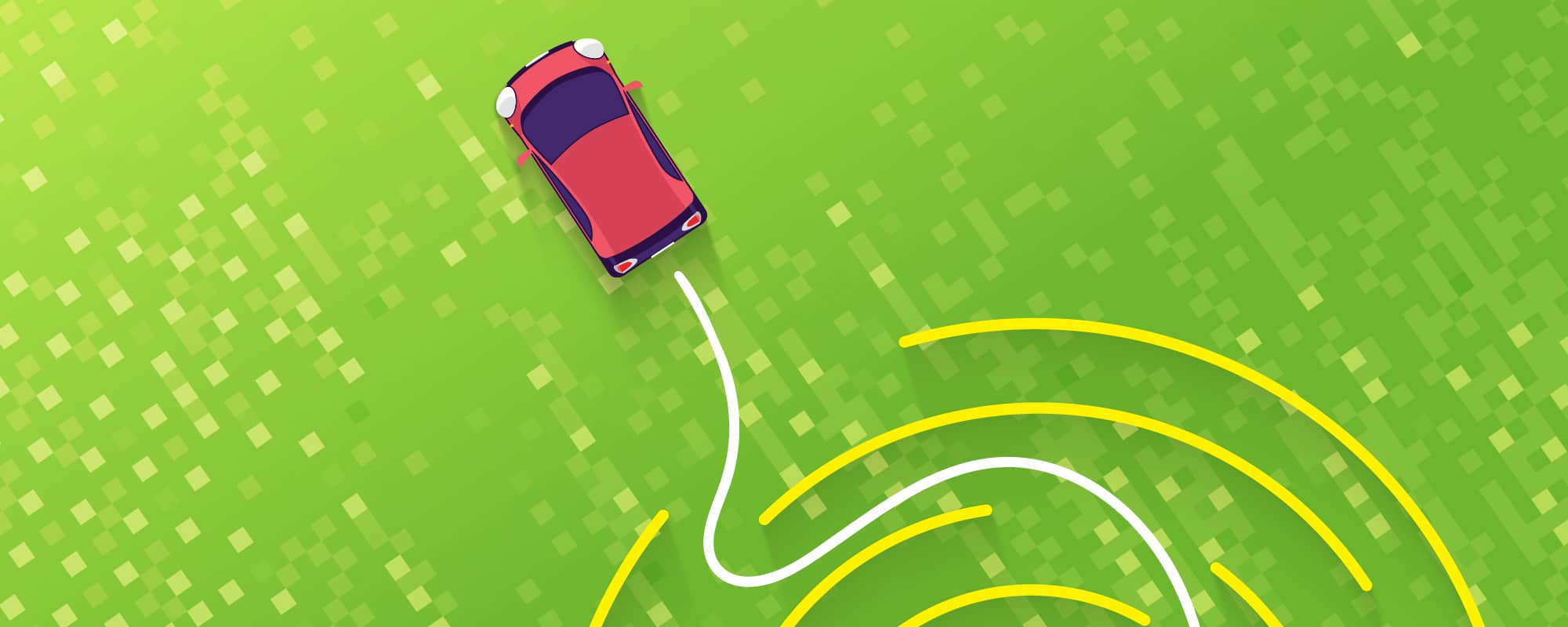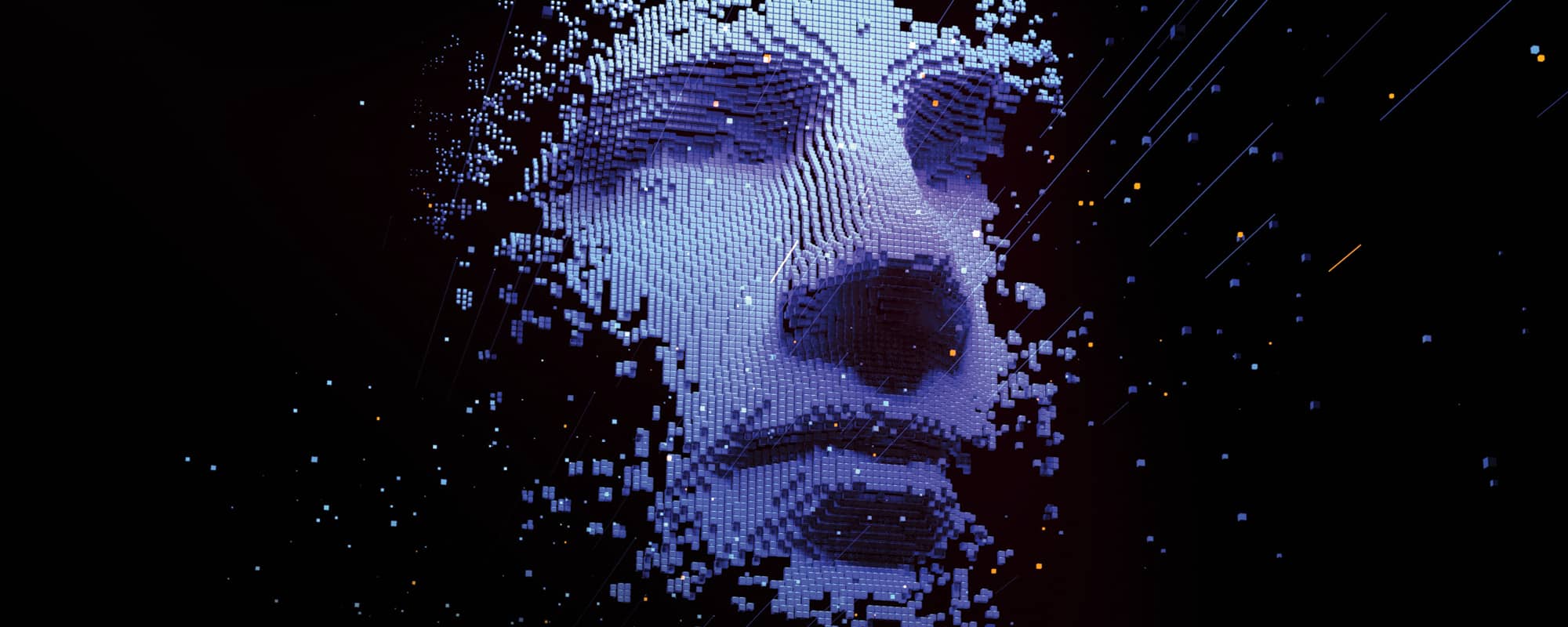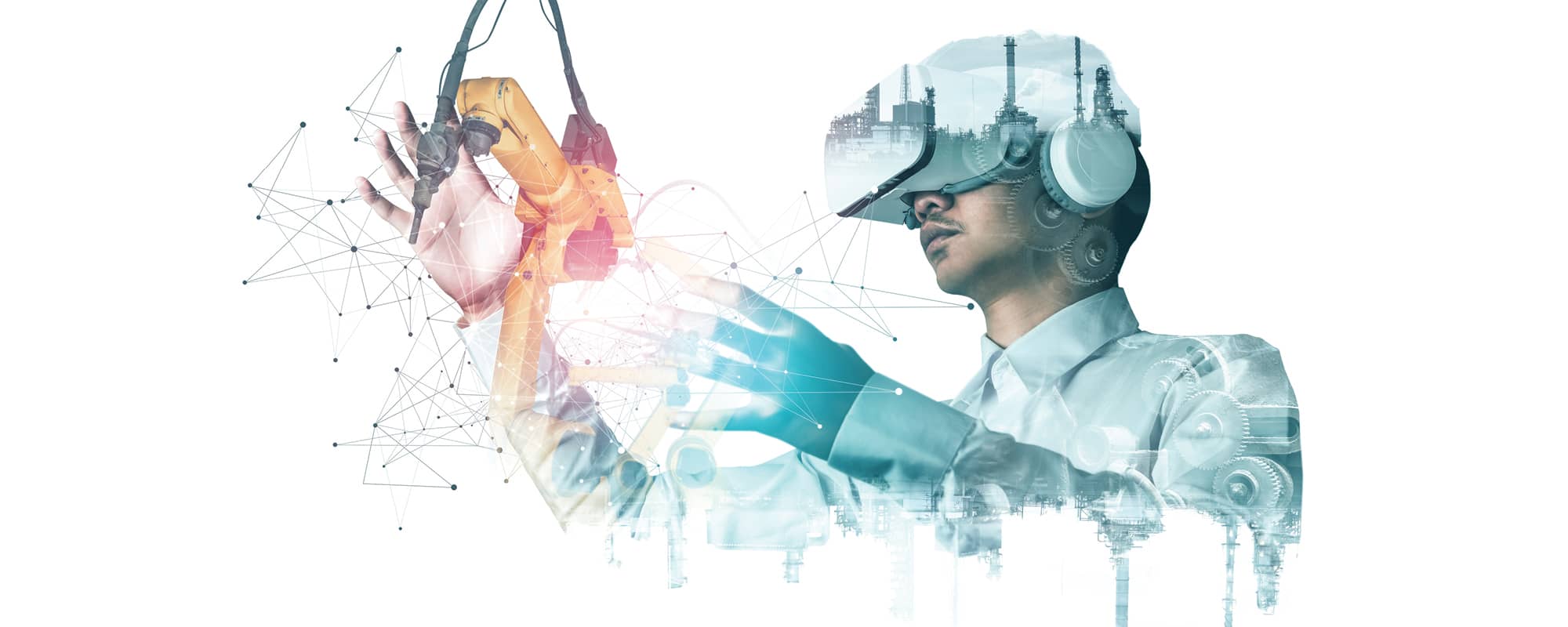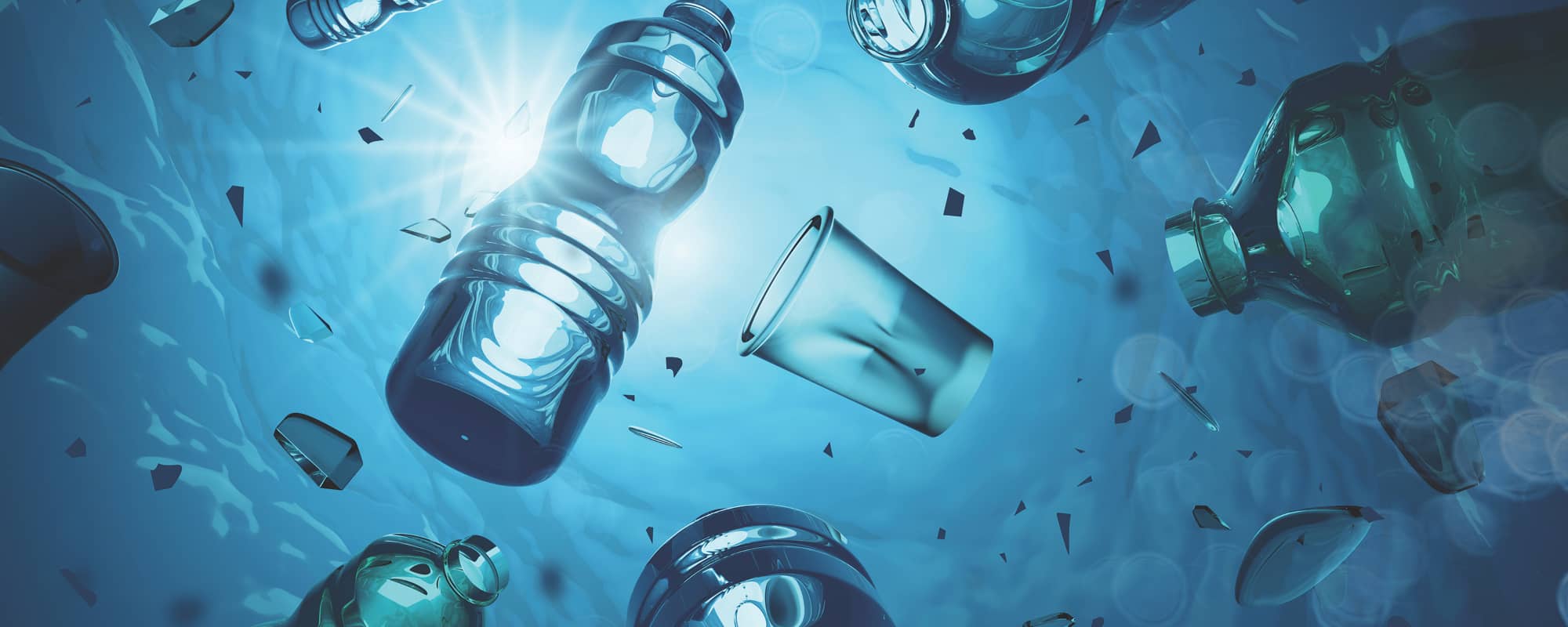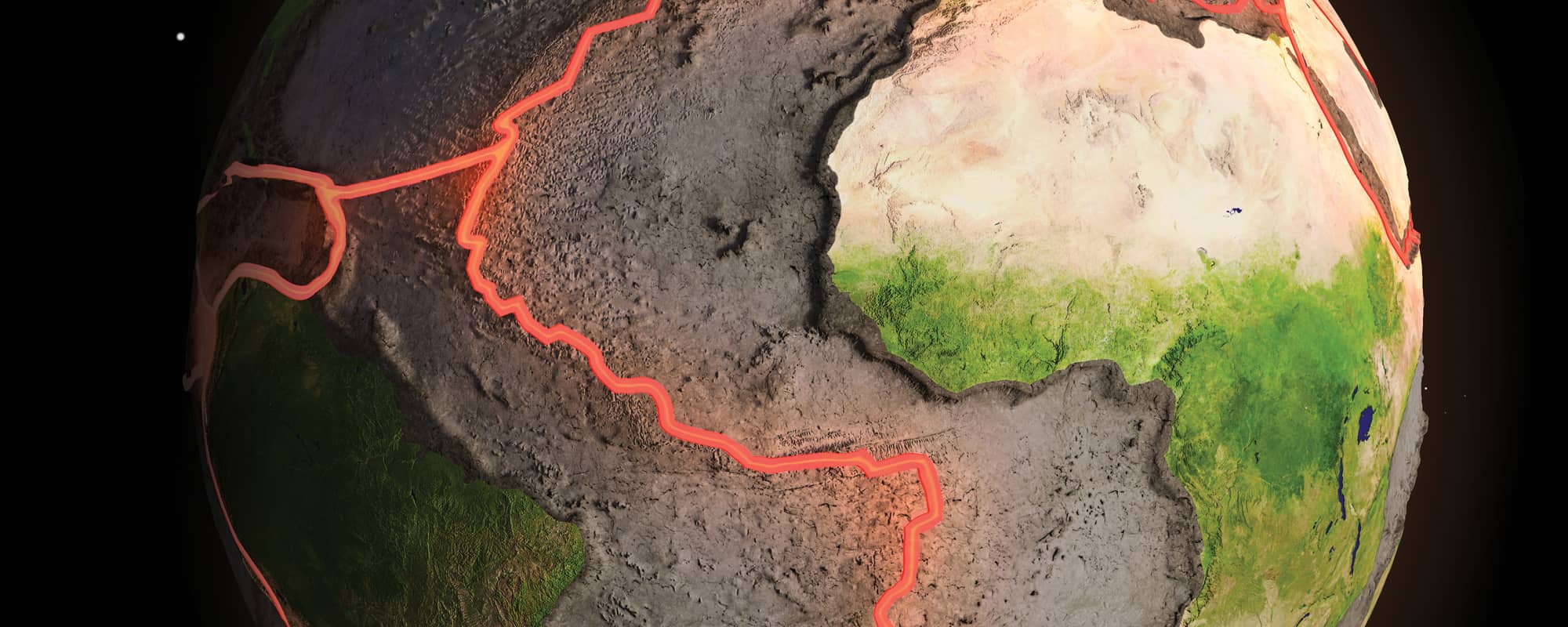Calorie-counting and crash diets may seem like the most accessible ways to get in shape, but a focus on what’s actually in the food we eat might reveal that staying healthy doesn’t need to be as difficult as we think… THINK speaks to University of Malta experts to find out the real deal.
Continue readingPower to the People
Building a nuclear fusion reactor is an extremely stressful process — especially for stress analysts! Sam Shingles from THINK gets in touch with Prof. Ing. Pierluigi Mollicone and Prof. Ing. Martin Muscat, who are working together as part of a European Consortium to bring fusion nuclear power to Europe.
Continue readingCannabis: Legalise it or Criticise it?
Is cannabis a dangerous drug, or is it just a medical plant? Science cuts through the political rhetoric and can provide us with empirical answers. David Mizzi from THINK gets in touch with a number of scientific experts to look past the smoke and better understand cannabis.
Continue readingA Greener Future from Smarter Traffic
Traffic! How does one even approach the problem of limited road space? For one start-up, the answer lies in the way we use roads and the data behind it. Zippy Tseng from THINK gets in touch with Claire Cianco from Greenroads to find out more!
Continue readingA Car Country
alking or cycling are challenging in Malta’s car-dominated infrastructure. ‘Active Travel’ is a University of Malta (UM) scheme that encourages students and staff to ditch cars in favour of healthier, greener alternatives. But changing Malta’s car culture is no walk in the park. Prof. Maria Attard (Director, Institute for Climate Change & Sustainable Development, UM) and Raphael Mizzi (UM’s Green Travel Plan Coordinator) speak to Jonathan Firbank about the project.
Continue readingTranshumanism: A Dangerous Two-Way Street
What is the next evolutionary step for humanity? One possibility is the merging of man and machine. But is humanity ready for transhumanism, and how should we prepare for it? Christian Keszthelyi finds out!
Continue readingCyberselves 2077
We’ve been dreaming of robots for over a century, but are we any closer to having fully-automated robots? David Mizzi from THINK gets in touch with University of Malta (UM) alumnus and CEO and founder of Cyberselves, Daniel Camilleri, to talk robots.
Continue readingDance for All
La danza per tutte le età e le abilità — ‘dance for every age and every ability’, is the guiding phrase of the aptly named Dance For All programme. The programme, created by Sara Accettura, Assistant Lecturer in Dance Studies at the University of Malta, is an inclusive dance project focusing on people with learning disabilities and autism. By bringing together trained dancers, people with disabilities, and amateurs, the project is able to encourage collaboration, creativity, and communication.
Continue readingThe Great, Big, Floating Landfill
An astounding 91% of litter found floating around the Maltese Islands is plastic waste, but it is not the only pollutant scarring our seas. Caroline Curmi speaks to marine biologist and University of Malta guest lecturer Marta Curmi about Malta’s marine pollution crisis and how the nation can tackle it.
Continue readingBreaking the mantle
Maltese seismologist Matthew Agius, alongside an international team of researchers, has just identified a thinner-than-average zone in the Earth’s mantle below the mid-Atlantic Ocean. The finding helps explain how the Atlantic Ocean is opening up. The story left ripples worldwide.
Continue reading
